There are many things we can do to help keep pollution out of our streams and ocean. Here are some good habits to adopt in your daily routine that are kinder and gentler to the environment. And remember: “Nothing but rain down the drain!”
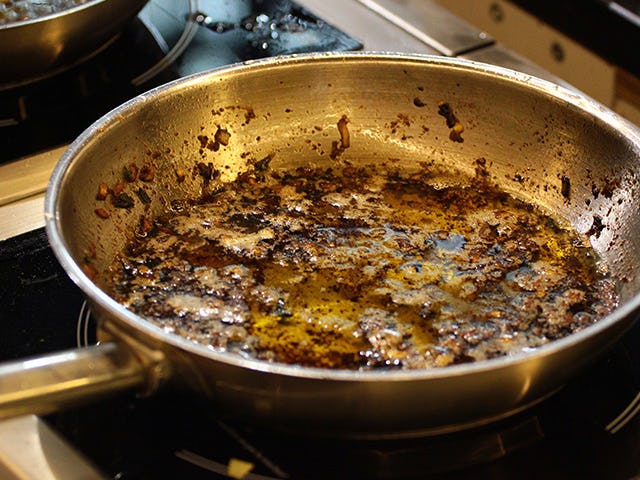
Once cooled, used cooking oil and grease should be mixed into absorbent material and thrown in the trash – never poured down your kitchen drain. Oil in sewer pipes can lead to clogs which in turn can cause sewage to leak into our water supply, streams or the ocean.
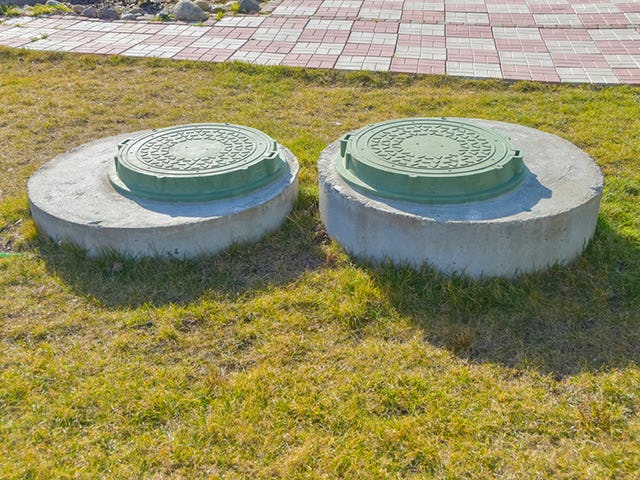
If you have a septic system, check that it is working properly on a regular basis. Survey the ground around the septic tank for any leaks or pooling of sewage, and make sure all lids are tightly affixed. If something seems to be malfunctioning, contact your local septic tank maintenance company right away to have it checked.
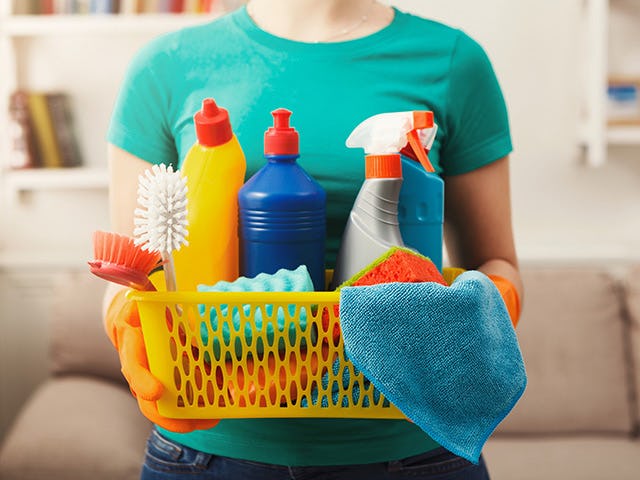
Always store and dispose of household chemical products – such as cleaning products, bug sprays, paints, solvents, motor oil and other auto fluids – properly and in accordance with the manufacturer’s instructions. Minimize their exposure to rain and direct sunlight, and don’t pour them on the ground or into roadway gutters or storm drains.
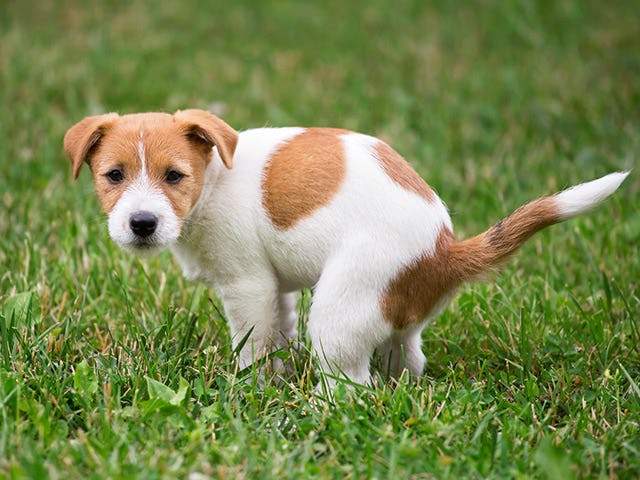
Just one gram of dog poo can contain over 23 million fecal coliform bacteria, which can cause disease in humans and other animals. Be sure to bag your pet’s waste and dispose of it in the trash.
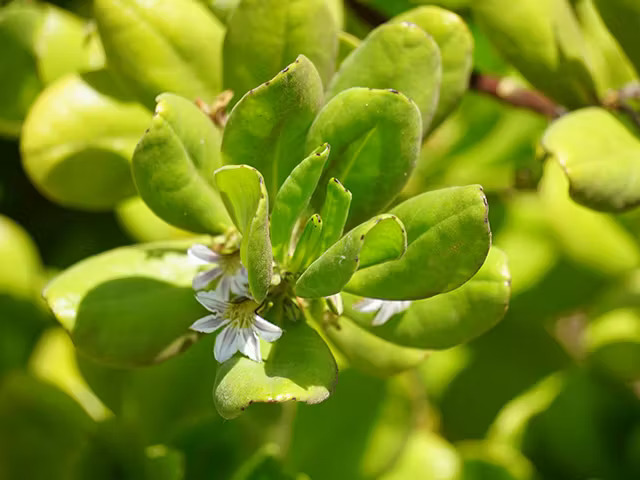
Native foliage planted in your garden provides natural places for rainwater to collect and soak into the ground. Native plants also tend to thrive more and require less fertilizer than non-native species. Rain flowing from the rooftop or paved areas can be diverted into landscaped areas to help nourish plants, replenish the water table and reduce runoff.
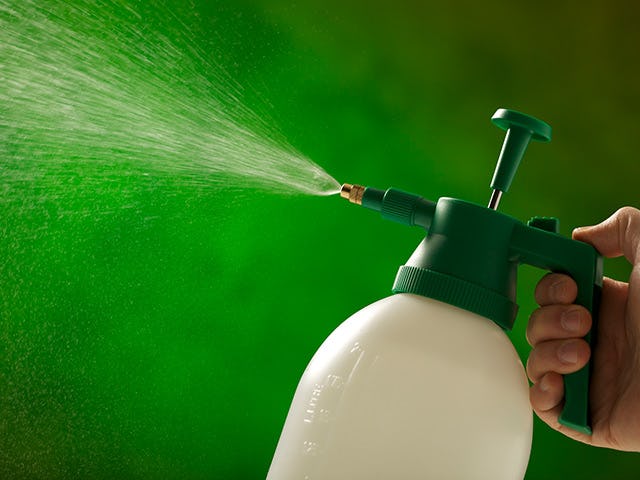
Lawn and garden products like insecticides, herbicides and fertilizers should be used properly and only as needed. Planting native plants may also help reduce the need for these additional products, which can help save you money on gardening expenses and reduce the chance of excess chemicals washing into the storm drain.
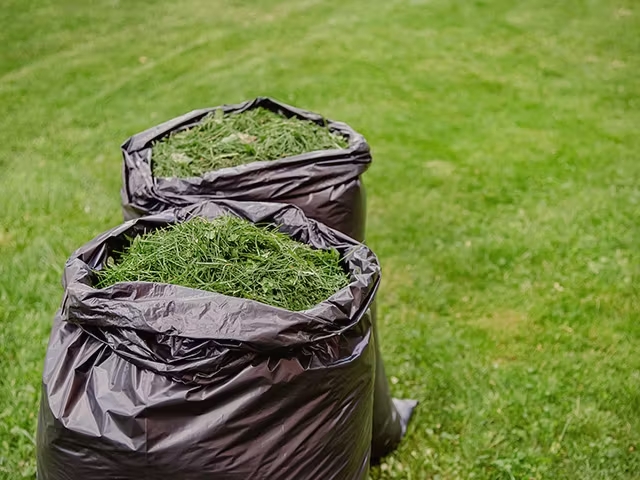
After mowing or trimming your lawn, pick up the grass clippings and throw them away in the trash – to prevent them from being washed away into the storm drain. Fertilizers and grass clippings can cause algae blooms that use up oxygen needed by fish, coral and stream life to survive.
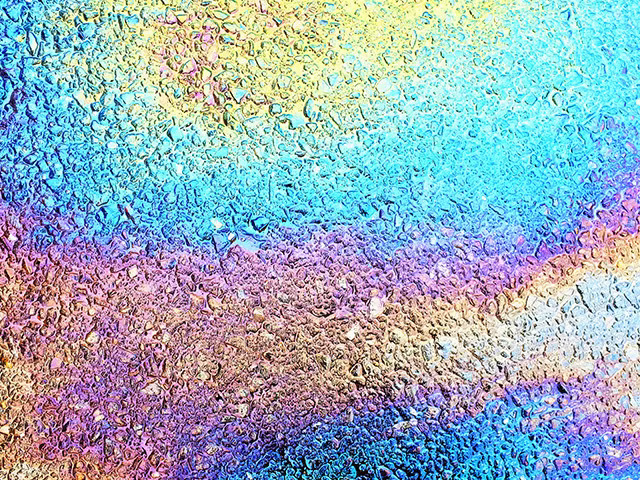
If your vehicle is leaking, have it fixed as soon as possible. This can help prevent excessive chemical leakage in your driveway and on streets – meaning there’s less on the ground that can be washed into storm drains when it rains.
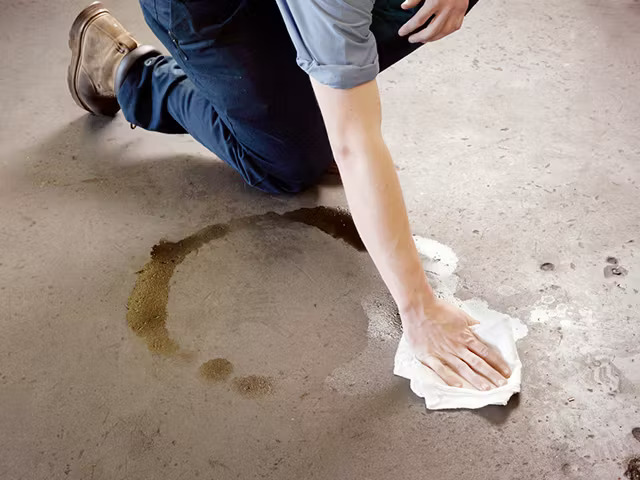
Spraying down your driveway or garage with water can wash away oil, soap, leaves and other waste into the storm drain system and eventually to the ocean. Instead of using water to clean your garage or driveway, wipe up spills or use a broom to sweep dry debris into the trash.
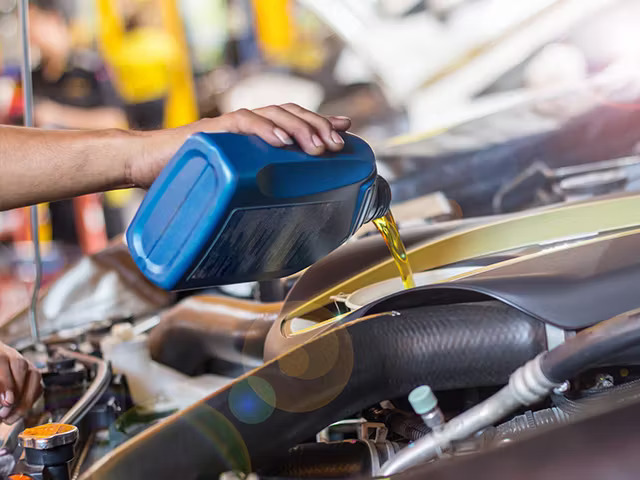
Never allow automotive fluids – such as oil, gas, antifreeze, brake or transmission fluids – to run down the street or be dumped into storm drains. When changing your car oil, use an oil pan to absorb the dirty oil, then throw it away in the trash.
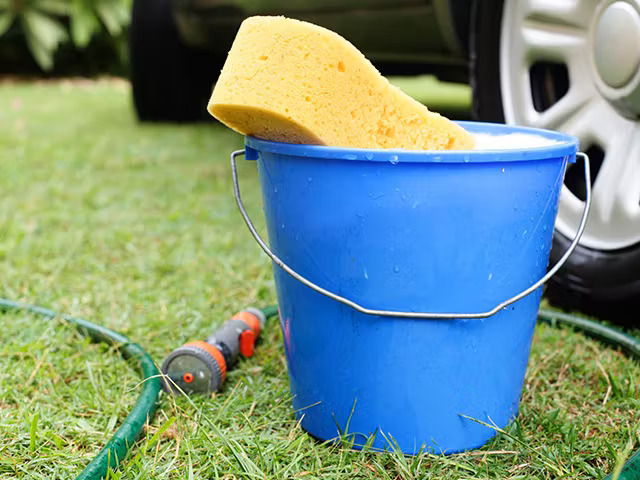
When washing your car, soap and chemicals from the vehicle can run off into the street and enter storm drains. Consider using a commercial car wash that treats or recycles its waste water, or wash your car in a grassy area instead of your driveway, which allows the water to be filtered in the ground before it enters the water table.

Once cooled, used cooking oil and grease should be mixed into absorbent material and thrown in the trash – never poured down your kitchen drain. Oil in sewer pipes can lead to clogs which in turn can cause sewage to leak into our water supply, streams or the ocean.

If you have a septic system, check that it is working properly on a regular basis. Survey the ground around the septic tank for any leaks or pooling of sewage, and make sure all lids are tightly affixed. If something seems to be malfunctioning, contact your local septic tank maintenance company right away to have it checked.

Always store and dispose of household chemical products – such as cleaning products, bug sprays, paints, solvents, motor oil and other auto fluids – properly and in accordance with the manufacturer’s instructions. Minimize their exposure to rain and direct sunlight, and don’t pour them on the ground or into roadway gutters or storm drains.

Just one gram of dog poo can contain over 23 million fecal coliform bacteria, which can cause disease in humans and other animals. Be sure to bag your pet’s waste and dispose of it in the trash.

Native foliage planted in your garden provides natural places for rainwater to collect and soak into the ground. Native plants also tend to thrive more and require less fertilizer than non-native species. Rain flowing from the rooftop or paved areas can be diverted into landscaped areas to help nourish plants, replenish the water table and reduce runoff.

Lawn and garden products like insecticides, herbicides and fertilizers should be used properly and only as needed. Planting native plants may also help reduce the need for these additional products, which can help save you money on gardening expenses and reduce the chance of excess chemicals washing into the storm drain.

After mowing or trimming your lawn, pick up the grass clippings and throw them away in the trash – to prevent them from being washed away into the storm drain. Fertilizers and grass clippings can cause algae blooms that use up oxygen needed by fish, coral and stream life to survive.

If your vehicle is leaking, have it fixed as soon as possible. This can help prevent excessive chemical leakage in your driveway and on streets – meaning there’s less on the ground that can be washed into storm drains when it rains.

Spraying down your driveway or garage with water can wash away oil, soap, leaves and other waste into the storm drain system and eventually to the ocean. Instead of using water to clean your garage or driveway, wipe up spills or use a broom to sweep dry debris into the trash.

Never allow automotive fluids – such as oil, gas, antifreeze, brake or transmission fluids – to run down the street or be dumped into storm drains. When changing your car oil, use an oil pan to absorb the dirty oil, then throw it away in the trash.

When washing your car, soap and chemicals from the vehicle can run off into the street and enter storm drains. Consider using a commercial car wash that treats or recycles its waste water, or wash your car in a grassy area instead of your driveway, which allows the water to be filtered in the ground before it enters the water table.
All Rights Reserved. Stormwater Maui. State of Hawaii Department of Transportation
